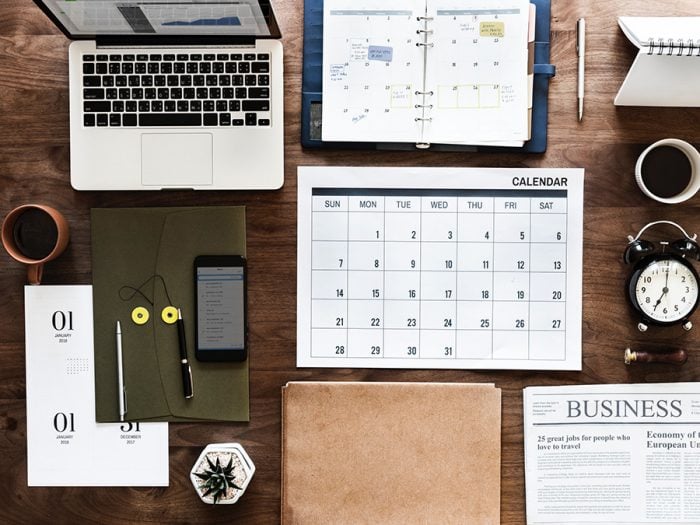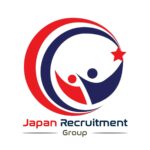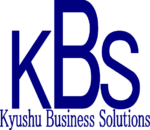
In the 1960’s, the richest man in the world, J. Paul Getty, wrote a book called ‘The Golden Age’, and in it he talked about the great advancements in society. He contemplated how it was now possible to do so much more than at any other time in human history. Marveling at the possibilities of instant communication by picking up and calling on the phone, travelling via airplane and getting news that is only a few days old really illustrated the possibilities that were available at that time. Over half a century later, the power of the tools that are available to everyone have grown exponentially.
But here’s the thing…
The methods and tools are not that important by themselves; what is important is that things get DONE.
Use the tools that work for you and help you reach your goals. For job hunting this is especially true, and there are a lot of tools out there, and almost all of them have a place. Some not so much…
One of the more unproductive things that one can do is to listen to a friend’s advice and take up a new way of doing something just because it works for someone else and happens to be trendy at the time. I know people who are still using Filofax notebooks from the ‘80s. If it works for you, go for it!
The thing is that when you’re out there looking for jobs, you need to tap all of the resources you can. If you’re just using one method, you’re missing out on a whole lot of opportunities. When you have your tools finely tuned, you can move quickly and act, as often the first to get the interview gets the job.
Be organised
Whether you organize yourself with Google Docs or handwritten notes in a filing cabinet, being able to find what you need is important. If you cannot produce it, or are unable to connect your skills and experience with the job, it will end up be the same as not having it in the first place.
Your workspace is a kind of ‘tool’. Having the ability to tune out of distractions and focus means that you should have access to a quiet place, or headphones and music that will let you put your undivided attention on the tasks and goals for the time.
A time management organization method that will allow you to plan and document how you will implement your plans that are derived from your goals. This is critically important because you need to articulate.
An often overlooked aspect of career development is making sure that you get credit for your accomplishments and that you are prepared to apply for a position, or opportunity, at a moments notice. And, that requires keeping things up to date, catalogued and grouped together. Critically this means knowing how to present yourself in the right way on your resume. Don’t just put your job role down; mention the added value you provided to your previous companies and how you helped them make more money (money talks).
Therefore, everything that is relevant to your career and job prospects should be well organized, accessible and regularly updated. This applies to the career of choice, and possible career changes. You might even have two or three different resumes that highlight the most important points about the kind of work you are applying for. The most important thing to remember is that anything that you may have that can help with the next job or career move should be accessible.
For the most important documents, one way is by using a cheap clear A4 file holder with plastic sleeves to hold all of your documents. Be sure to make color photocopies of your degrees and all other relevant licenses that may be required by employers. In addition, and certificates as well as copies of recent recommendation letters and even a paper copy of your resume. This helps to keep the most relevant and latest materials close at hand and easy to reference.
There are other materials that you should also keep that are more detailed and longer as well. They should be stored in a filed system that is well organized and kept in one place. That could be a filing cabinet or a separate box. This should be something that you can get easily and quickly, but not necessarily something that you’ll need to carry around at any given time. Within the files should be job records, all reference letters, copies of published articles, transcripts from your education, other letters from universities and employers. Also, even rejection letters, offers of employment and contracts.
Be Prepared
Another thing that really gets to hiring managers especially at Japanese companies is lack of preparation. If you walk in to an interview looking like you’re going out for drinks and forgot your wallet, you’re in for a rude awakening.
For teachers, a copy of a model lesson along with the lesson plan and reasoning through the lesson goals are essential. Passport, visa, drivers license, my number card and bankbook copies should be kept as well. Professional small size color photographs are important to keep on-hand as they are almost always requested. So, get copies of your profile shot that really show you in the best work-ready light, preferably done by someone who is really good at it (readily available in Japan at a reasonable cost). Wearing appropriate clothing and looking the part will help build that first impression.
Take on board what people have said about you in the past
Past letters of recommendation might be helpful in a couple of ways. Not only might they be used again, they will remind you of what the letter writer thought were your strengths. They can also help with the next letter of recommendation that you need: perhaps from the same person, to jog their memory, or to help the next recommender.
Old cover letters as well (for educators) essays that you have written are also something to keep on hand, as they can be excellent bases for the next ones you’ll need to write. And, they can be helpful to reference if someone asks you to help write the basis of your own recommendation letter (a request that is more common than many realize).
Aside from hard copies everything should be in digital form, from the software that you usually use to scanned copies of documents. These should then be stored in that form in secure places – a USB (a dedicated employment one) is the safest soft form. There are a lot of options for keeping it on the cloud (Google Drive, DropBox, OneDrive etc). While there are a number of secure options, just make sure you are comfortable with it as all of that information could be potentially disastrous if it ends up in the wrong hands.
All career records should be updated regularly, with the frequency depending on where you are in your employment search. The closer that you are to changing, the more frequent the need for amending and rejuvenating. However, even if it is only a distant possibility, it should be done semi-annually, or at least annually, as a habit. Doing so will ensure nothing is missed and will make things a lot easier when you need to do a number of frequent updates. It will also prevent you from spending too much time gathering important documents and information when opportunities arise.
Written by Richard Miller













